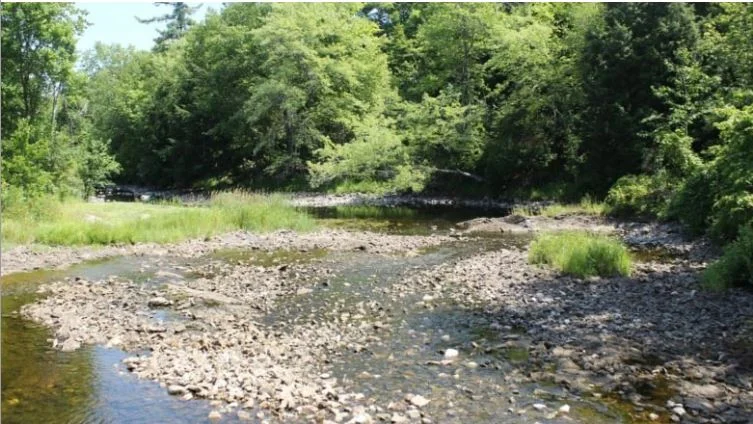The 78-year-old Cowichan Valley resident and her husband have both made plans with a local funeral home to dispose of their remains using alkaline hydrolysis, also known as aquamation or water cremation. Mitchell says she’s attracted to aquamation because of her long commitment to reducing her carbon footprint. Flame-based cremation emits around 320 kilograms of CO2 per body, which Mitchell says she’d be “horrified” about. Aquamation uses water, warm temperatures and an alkaline solution, like potassium hydroxide, to break down tissue and bones.
Labrador seal hunt largely sidelined as sea ice hits 50-year low
In the last week of April, the Canadian Ice Service recorded the lowest amount of sea ice in Labrador in its history of record-keeping, which dates back 50 years. The coast of northern Labrador is currently down to about 14 per cent of its ice cover, according to the CIS, a contrast to the average ice cover for this time of year of about 35 per cent.
Low water warning issued for Napanee, Belleville regions
Residents of the regions around Belleville, Napanee, Madoc and north of Kingston, Ont., are being asked to conserve water after a dry spell resulted in low water levels. Quinte Conservation has declared a "Level 2 Low Water Condition" for the Moira, Napanee and Salmon watersheds. That means wells have water levels below normal for this time of year, and with warm temperatures and little rain in the forecast, levels could drop further, leading to serious water supply issue in the region.




